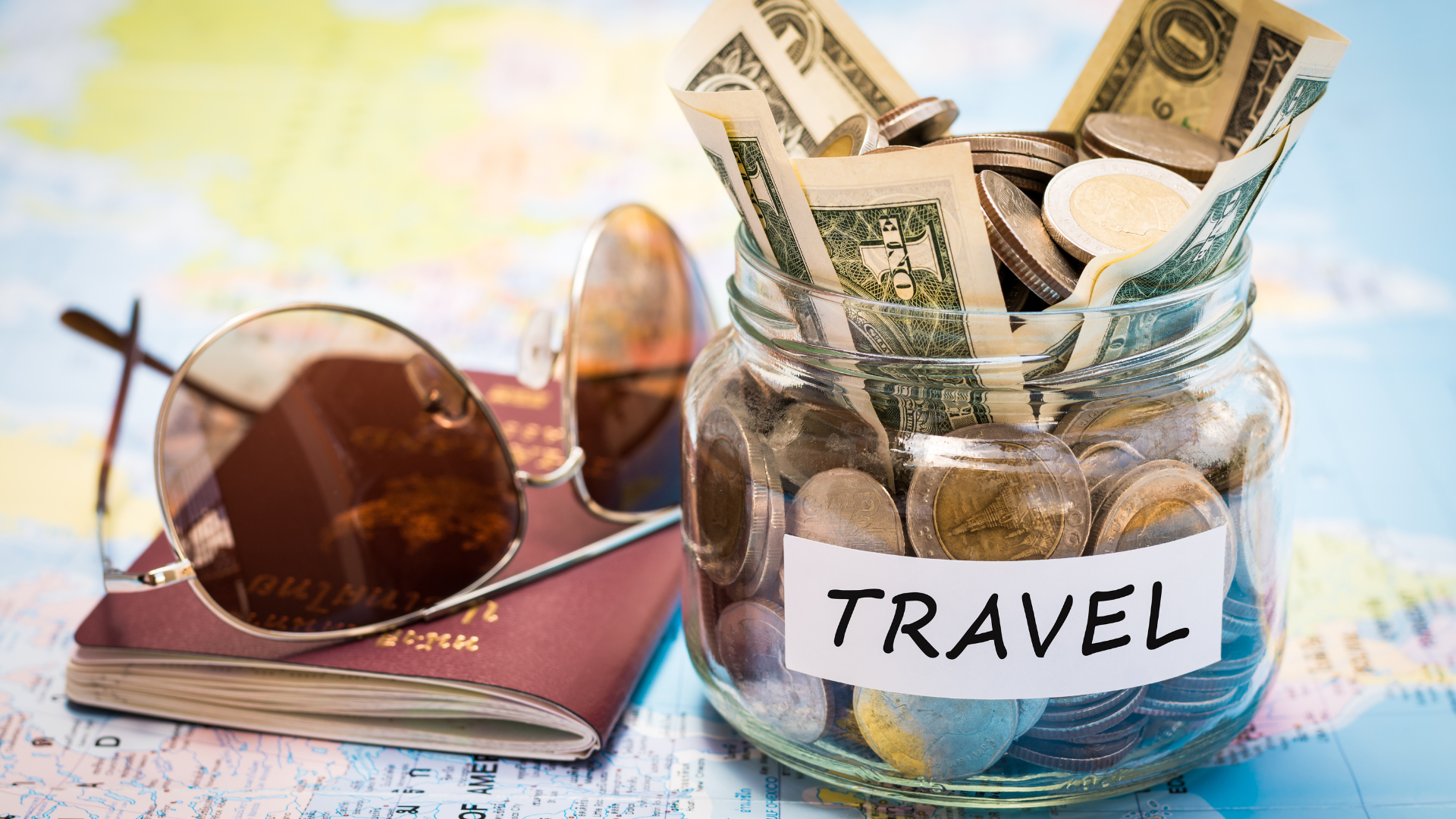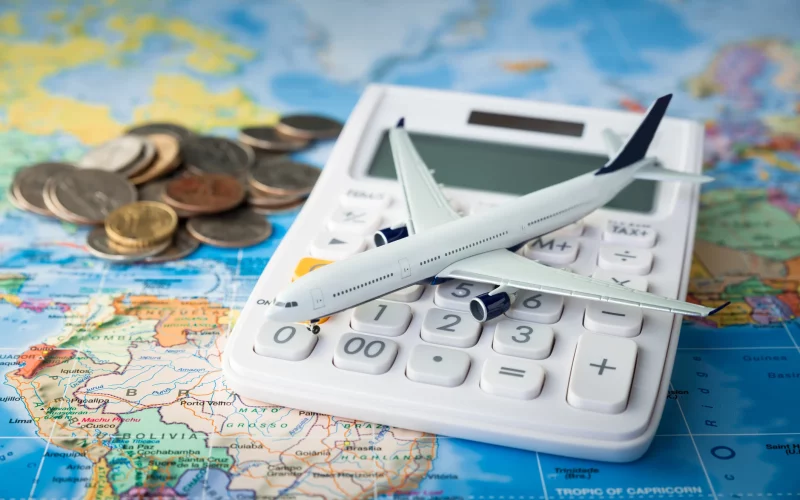Traveling is one of the most enriching experiences one can have, but it often comes with a hefty price tag. However, with careful planning and strategic choices, it is possible to explore the world without breaking the bank. This guide offers a detailed look into how to save money on travel, covering everything from booking flights to finding affordable accommodations and making the most of your travel budget.
Planning Your Trip
The first step in saving money on travel is to set a realistic budget. Determine how much you can afford to spend and allocate funds for different aspects of your trip such as transportation, accommodation, meals, and activities. Sticking to a budget helps avoid overspending and ensures you have enough funds for the entire journey.

Choose Affordable Destinations
Some destinations are inherently more affordable than others. Research countries or cities where the cost of living is lower, and your money will go further. Southeast Asia, Eastern Europe, and parts of South America are known for being budget-friendly travel destinations.
Booking Flights
Websites like Skyscanner, Kayak, and Google Flights allow you to compare prices across multiple airlines and booking platforms. This can help you find the cheapest flights available.Flight prices can vary significantly depending on the time of year, day of the week, and even the time of day. Being flexible with your travel dates can help you find cheaper options. Use fare calendars to identify the most affordable times to fly.
Consider Alternative Airports
Flying into or out of smaller, less popular airports can sometimes be cheaper. Check for flights to nearby airports and compare the total cost, including transportation to your final destination. Booking accommodation well in advance can often result in lower prices. Many hotels and hostels offer early bird discounts for reservations made several months ahead of time.
Accommodation Comparison Websites
Websites like Booking.com, Airbnb, and Hostelworld allow you to compare prices and read reviews from other travelers. This can help you find the best deals and avoid unpleasant surprises. Look beyond traditional hotels and consider options like hostels, guesthouses, vacation rentals, and even house-sitting opportunities. These alternatives can be significantly cheaper and offer a more local experience.
Transportation
Public transportation is often the most cost-effective way to get around, especially in cities with extensive networks of buses, trains, and subways. Research local transportation options and purchase multi-day or weekly passes if available.Exploring a destination on foot or by bike is not only economical but also allows you to experience the place more intimately. Many cities offer bike-sharing programs and walking tours that can be a fun and affordable way to see the sights.
Rent a Car Wisely
If renting a car is necessary, compare prices from different rental companies and book in advance to secure the best rates. Be aware of additional costs such as insurance, fuel, and parking fees. Avoid touristy restaurants and seek out local eateries where residents dine. Street food and local markets often offer delicious meals at a fraction of the cost of sit-down restaurants. If your accommodation has a kitchen, consider cooking some of your own meals. Shopping at local grocery stores and preparing your own food can save a significant amount of money..
Activities and Sightseeing
Many destinations offer a variety of free attractions such as parks, museums, and historical sites. Research these options in advance and plan your itinerary around them. City passes can provide discounted or free entry to multiple attractions, as well as free public transportation. Evaluate whether a city pass is worth the investment based on your planned activities.Check for discounts on activities and attractions through websites like Groupon, Travelzoo, and local tourism boards. Student, senior, and group discounts may also be available.
Money Management
Some credit cards offer travel rewards, no foreign transaction fees, and other perks that can save you money. Choose a card that aligns with your travel habits and take advantage of its benefits. Exchange rates and fees can add up quickly. Use ATMs to withdraw local currency at a better rate and avoid currency exchange booths with high fees. Consider using a debit card that reimburses ATM fees. Keep track of your expenses to ensure you stay within your budget. Use a travel expense app or maintain a simple spreadsheet to monitor your spending.

Conclusion
Traveling on a budget requires careful planning and smart choices, but it is entirely possible to have a fulfilling and memorable trip without overspending. By following the tips outlined in this guide, you can learn how to save money on travel and make the most of your adventures. Remember, the key to budget travel is flexibility, research, and a willingness to explore alternative options.












